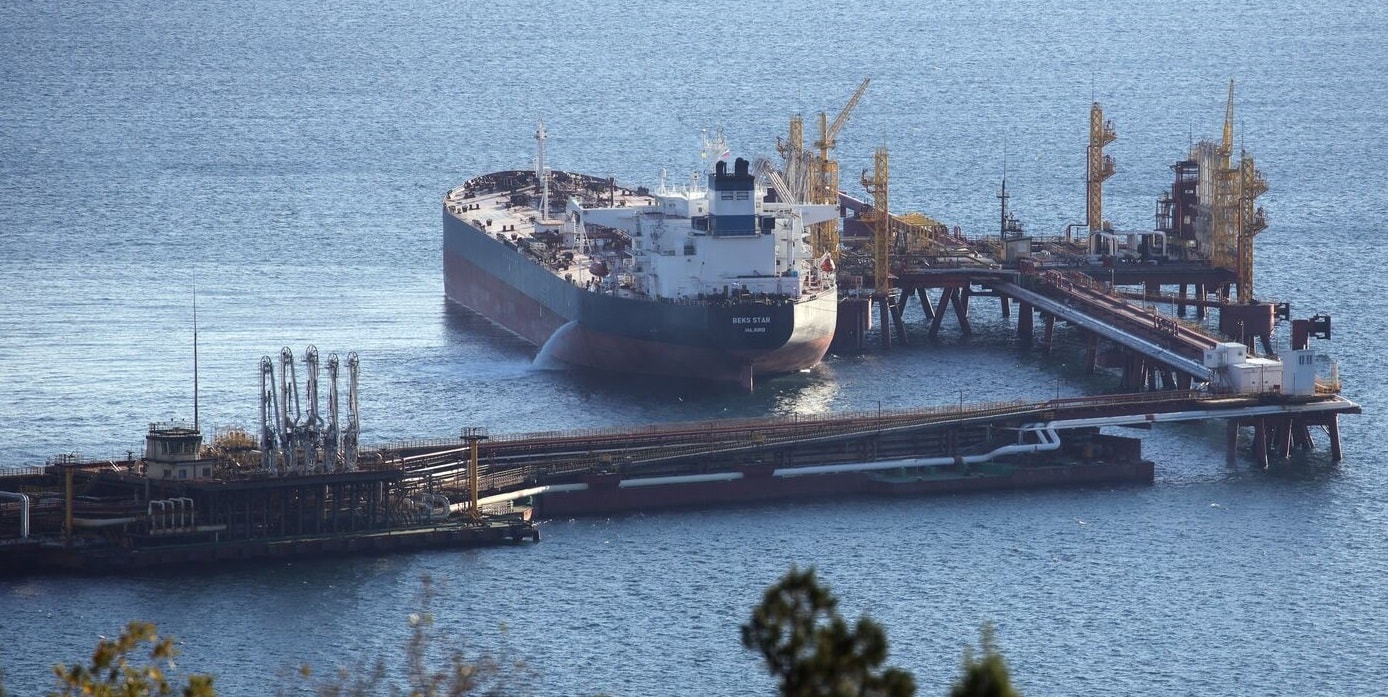From tightening transportation and insurance to restricting technology, the new US measures against Russia are considered the strongest ever. Will Russia yield to the pressure or will the global oil market be more severely affected?

According to Bloomberg, on January 10, the US announced the most comprehensive and powerful package of sanctions ever aimed at Russia's oil trade. This move is considered to be more likely to disrupt Russia's oil exports than any measure previously applied by the West.
The new sanctions could reduce the supply surplus by nearly 1 million barrels per day this year, according to the International Energy Agency. The market reaction was evident as Brent crude futures for 2024 rose from below $75 a barrel to $80.75 a barrel over the weekend, according to data from ICE Futures Europe.
Key points in the new sanctions package
The first, targeting major shipping companies: For the first time, the US has directly targeted two major Russian oil shipping companies. Together, they will transport about 970,000 barrels of oil per day by sea in 2024, a figure that is significantly more than the projected global supply surplus for 2025. The sanctions will have a significant impact on refineries in India and Chinese companies.
Monday, Expands Sanctioned Tanker List: The US has announced sanctions on 160 oil tankers, doubling the total number of vessels targeted by the US, UK and EU to date. The impact of US sanctions has been clearly demonstrated: of the 39 vessels sanctioned since October 2023, 33 have been unable to transport cargo since being blacklisted.
Tuesday, tightening marine insurance: The sanctions package also targets Russia’s two largest providers of tanker protection and indemnity insurance, Ingosstrakh and Alfastrakhovanie. This could force many tankers, including the Russian fleet, out of the mainstream insurance market, further increasing maritime safety risks.
Wednesday, oil and gas service restrictions: US oil and gas service companies will have to stop operating in Russia by February 27. While the short-term impact may be negligible as Russia has switched to domestic suppliers, this could affect the development of new projects, especially those requiring advanced technology in the Arctic and offshore.
Challenges in implementation
However, the effectiveness of the new sanctions package depends largely on implementation and monitoring. To be effective, experts say, the US government needs to be ready to take strong measures against even buyers of Russian oil. However, this is not simple when most of Russia's oil trade has shifted to non-Western partners.
Notably, Indian refiners and Chinese companies have been cautious about accepting cargo from sanctioned vessels. However, this has not affected them much in the past, as the blacklisted vessels represent a small fraction of their available fleets. The new round of US sanctions has fundamentally changed this situation, affecting a much larger proportion of shipping vessels.
According to Rystad Energy A/S, a research firm based in Oslo, Norway, only about 15% of the Russian drilling market relies on foreign technology. This figure suggests that the impact of sanctions may not be too great in the short term, but will cause significant difficulties for Russia's long-term development projects.